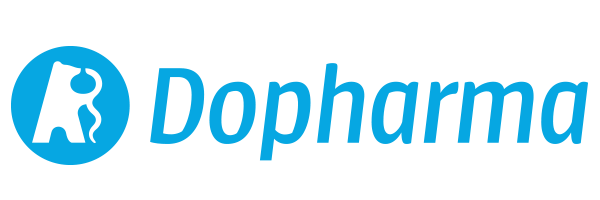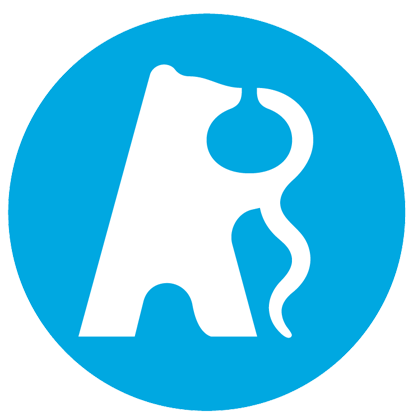Responsible use of veterinary medicines
Lately there has been a broad societal interest in the use of veterinary medicines and specifically the use of antimicrobials. The use of antibiotics and the need to reduce their usage are in the news regularly. Also the induction of resistance and the occurrence of zoonosis are discussed often.
Mitigate risks
Every time micro-organisms are exposed to antibiotics there is a certain risk for the development of resistance. Prolonged exposure, especially in low doses, can result in the selection of resistant bacteria. Theses resistant bacteria can be transferred to humans and thus pose a threat to public health.
Applying the advised withdrawal period is important. Residues of veterinary medicines in meat, milk or eggs can pose a potential threat to public health. To minimize the risks the usage of veterinary medicines could pose to public health, it is essential to increase awareness of the risks among veterinarians and farmers and to encourage preventative measures to avoid diseases and infections. Personal protection is an easy way to reduce direct contact with antimicrobials and the possible risks. Dopharma therefore has dust masks and latex gloves in their assortment.
Recommendations
The Dutch society for Veterinary medicine and the FIDIN (board for manufacturers and distributors of veterinary medicines) have developed the following recommendations on the responsible use of veterinary medicines:
- A good treatment starts with the correct diagnosis: determine which causative agent is responsible for the disease and focus your treatment on this micro-organism specifically.
- Use registered veterinary medicines: check the registration number, read the label and, if applicable, the leaflet. Consult your veterinarian regarding the right treatment.
- Use the recommended dosage.
- Do not change the method of administration (e.g. injection, intramammary treatment, treatment via drinking water or feed or topical application).
- Complete the treatment, even though the animals seem to already have recovered. This is important to prevent re-occurrence of the disease and development of resistance.
- Do not combine veterinary medicines unless this is advised by your veterinarian.
- Think about your own safety.
- Avoid exceedance of the maximum residue levels (MRLs) in animal (by-) products.
- Document the important details of the veterinary medicines used.
- Evaluate the treatment on a regular basis with your veterinarian. Always report adverse events.
- Read the storage conditions as mentioned on the package and always apply them.


